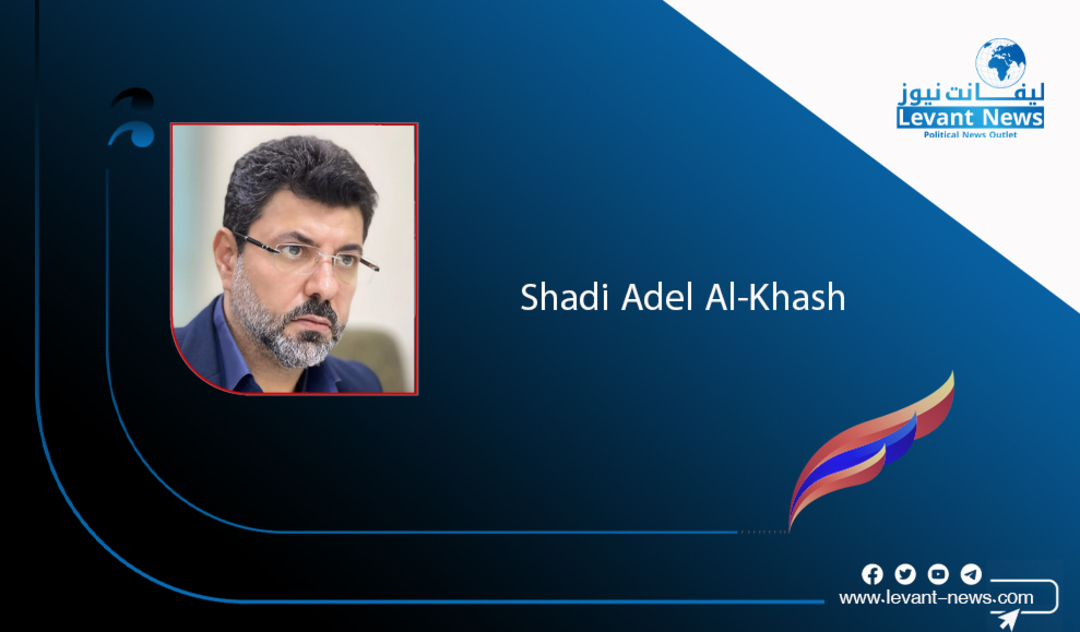-
Regarding Brigadier General Manap Tlass’s Vision Presented Today in Paris

In his lecture at Sciences Po University in Paris, Brigadier General Manap Tlass outlined a national vision for Syria’s future, based on the necessity of formulating a comprehensive national project that lays the foundations of the new state after decades of tyranny and years of chaos and division.
Tlass explained that the Syrian revolution effectively ended in 2012 with the formation of the Syrian National Council and its subjugation to international equations. However, the national cause did not end; it remains ongoing and needs an inclusive project that goes beyond individuals and leadership, reaffirming the people as the sole source of legitimacy.
He emphasized that Syria is a country of seven thousand years, greater than any individual or authority. Neither Bashar Assad nor Ahmad Shara built it. The issue is not a power struggle or a fight for a chair, but the establishment of a real state through broad, genuine national participation. He clarified that he has no personal political ambitions; his greatest honor lies in uniting national forces and safeguarding the country’s unity.
Regarding the reasons behind the fall of the regime, Tlass stated that Assad endured due to international and regional concurrences, with Turkey playing a pivotal role in accelerating its collapse. Today, the challenge lies in how the new authority enters the state—not just into power—so as to prevent Syria from producing a single-party rule or an oppressive regime masked behind different appearances.
Tlass sees the country experiencing collapse and chaos that threaten its very existence; the priority is to unify the armed forces under one national banner. The weapons scattered by foreign agendas must transform into a secular, national army that protects both the state and society.
He revealed that he is in contact with over ten thousand defected and former officers and soldiers, capable of forming the core of a transitional military council to oversee the protection of the transitional phase and ensure a safe environment for elections.
Tlass linked his project to UN Security Council Resolution 2254, affirming that this resolution still constitutes a UN roadmap that faces no vetoes, and that the military council is mentioned in it. It could serve as a starting point for a new Syria, provided there is international will.
On the religious and political level, he emphasized that Islam in Syria can be a cultural and moral force through its moderate currents such as Ash’arism and Sufism, which have contributed to shaping the country’s identity. However, he rejected political Islam that seeks to impose guardianship over the state and society.
Regarding the form of the state, Tlass rejected federalist projects, considering the best option a unified state with a sound national body. He called for a balanced decentralization system that grants wider powers to local administrations and rebalances the relationship between the center and its regions. He emphasized that Syria is a country that should not be divided but expanded to include all its people.
He insisted that any serious national project cannot succeed without genuine transitional justice based on accountability and independent judiciary—not just superficial committees. Justice for him is not revenge but a guarantee to rebuild trust and leverage Syrian expertise in reconstructing state institutions.
In the regional and international context, he explained that what is happening today between the current authority and Israel is not peace but surrender, as real peace can only exist between two equal parties, which requires a strong state with functioning institutions.
He also pointed out that relations with local forces, including the Syrian Democratic Forces, southern factions, and the Swaida tribes, can be addressed through restructuring the military institutions into a unified, national body, involving these groups instead of keeping them as separate entities.
Tlass concluded by stressing that the current moment represents a “window of opportunity” to save Syria, created by international conflicting interests, and that it must be seized. He said: “It is an honor for me that we managed to unite the forces in Syria. I have no personal ambitions other than that. The homeland is greater than all of us. What we need is law, justice, and genuine accountability—security and justice build trust, and trust builds the state.”
You May Also Like
Popular Posts
Caricature
opinion
Report
ads
Newsletter
Subscribe to our mailing list to get the new updates!




















